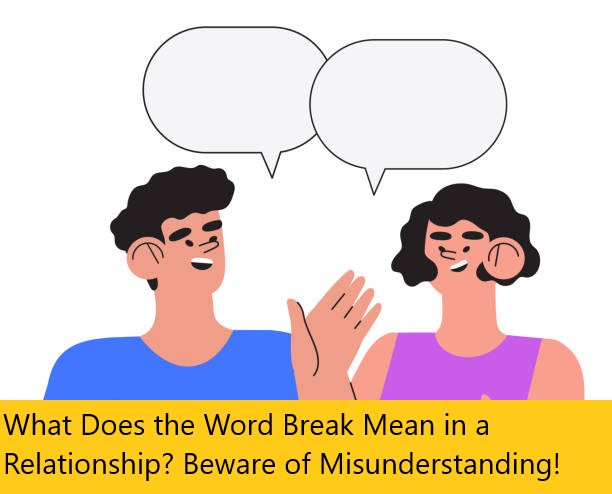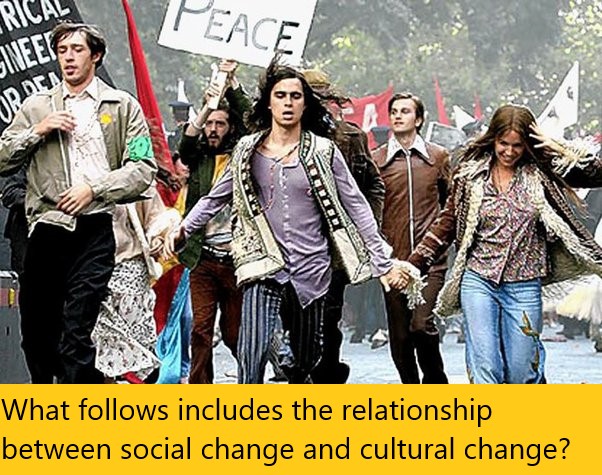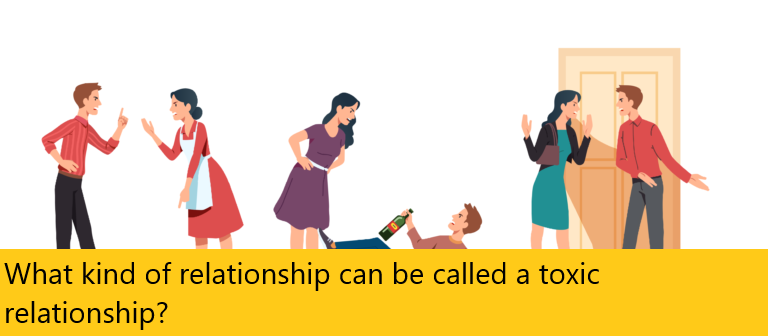Salvabrani.com – Can you spot a good relationship? Of course nobody knows what really goes on between any couple, but decades of scientific research into love, sex and relationships have taught us that a number of behaviors can predict when a couple is on solid ground or headed for troubled waters. Good relationships don’t happen overnight. They take commitment, compromise, forgiveness and most of all — effort. Keep reading for the latest in relationship science, fun quizzes and helpful tips to help you build a stronger bond with your partner.
Love and Romance
Falling in love is the easy part. The challenge for couples is how to rekindle the fires of romance from time to time and cultivate the mature, trusting love that is the hallmark of a lasting relationship.
What’s Your Love Style?
When you say “I love you,” what do you mean?
Terry Hatkoff, a California State University sociologist, has created a love scale that identifies six distinct types of love found in our closest relationships.
Romantic: Based on passion and sexual attraction
Best Friends: Fondness and deep affection
Logical: Practical feelings based on shared values, financial goals, religion etc.
Playful: Feelings evoked by flirtation or feeling challenged
Possessive: Jealousy and obsession
Unselfish: Nurturing, kindness, and sacrifice
Researchers have found that the love we feel in our most committed relationships is typically a combination of two or three different forms of love. But often, two people in the same relationship can have very different versions of how they define love. Dr. Hatkoff gives the example of a man and woman having dinner. The waiter flirts with the woman, but the husband doesn’t seem to notice, and talks about changing the oil in her car. The wife is upset her husband isn’t jealous. The husband feels his extra work isn’t appreciated.
What does this have to do with love? The man and woman each define love differently. For him, love is practical, and is best shown by supportive gestures like car maintenance. For her, love is possessive, and a jealous response by her husband makes her feel valued.
Understanding what makes your partner feel loved can help you navigate conflict and put romance back into your relationship. You and your partner can take the Love Style quiz from Dr. Hatkoff and find out how each of you defines love. If you learn your partner tends toward jealousy, make sure you notice when someone is flirting with him or her. If your partner is practical in love, notice the many small ways he or she shows love by taking care of everyday needs.
Reignite Romance
Romantic love has been called a “natural addiction” because it activates the brain’s reward center — notably the dopamine pathways associated with drug addiction, alcohol and gambling. But those same pathways are also associated with novelty, energy, focus, learning, motivation, ecstasy and craving. No wonder we feel so energized and motivated when we fall in love!
But we all know that romantic, passionate love fades a bit over time, and (we hope) matures into a more contented form of committed love. Even so, many couples long to rekindle the sparks of early courtship. But is it possible?
The relationship researcher Arthur Aron, a psychology professor who directs the Interpersonal Relationships Laboratory at the State University of New York at Stony Brook, has found a way. The secret? Do something new and different — and make sure you do it together. New experiences activate the brain’s reward system, flooding it with dopamine and norepinephrine. These are the same brain circuits that are ignited in early romantic love. Whether you take a pottery class or go on a white-water rafting trip, activating your dopamine systems while you are together can help bring back the excitement you felt on your first date. In studies of couples, Dr. Aron has found that partners who regularly share new experiences report greater boosts in marital happiness than those who simply share pleasant but familiar experiences.

Diagnose Your Passion Level
The psychology professor Elaine Hatfield has suggested that the love we feel early in a relationship is different than what we feel later. Early on, love is “passionate,” meaning we have feelings of intense longing for our mate. Longer-term relationships develop “companionate love,” which can be described as a deep affection, and strong feelings of commitment and intimacy.
Where does your relationship land on the spectrum of love? The Passionate Love Scale, developed by Dr. Hatfield, of the University of Hawaii, and Susan Sprecher, a psychology and sociology professor at Illinois State University, can help you gauge the passion level of your relationship. Once you see where you stand, you can start working on injecting more passion into your partnership. Note that while the scale is widely used by relationship researchers who study love, the quiz is by no means the final word on the health of your relationship. Take it for fun and let the questions inspire you to talk to your partner about passion. After all, you never know where the conversation might lead.
Sex
For most couples, the more sex they have, the happier the relationship.
How Much Sex Are You Having?
Let’s start with the good news. Committed couples really do have more sex than everyone else. Don’t believe it? While it’s true that single people can regale you with stories of crazy sexual episodes, remember that single people also go through long dry spells. A March 2017 report found that 15 percent of men and 27 percent of women reported they hadn’t had sex in the past year. And 9 percent of men and 18 percent of women say they haven’t had sex in five years. The main factors associated with a sexless life are older age and not being married. So whether you’re having committed or married sex once a week, once a month or just six times a year, the fact is that there’s still someone out there having less sex than you. And if you’re one of those people NOT having sex, this will cheer you up: Americans who are not having sex are just as happy as their sexually-active counterparts.
But Who’s Counting?
Even though most people keep their sex lives private, we do know quite a bit about people’s sex habits. The data come from a variety of sources, including the General Social Survey, which collects information on behavior in the United States, and the International Social Survey Programme, a similar study that collects international data, and additional studies from people who study sex like the famous Kinsey Institute. A recent trend is that sexual frequency is declining among millennials, likely because they are less likely than earlier generations to have steady partners.
Based on that research, here’s some of what we know about sex:
The average adult has sex 54 times a year.
The average sexual encounter lasts about 30 minutes.
About 5 percent of people have sex at least three times a week.
People in their 20s have sex more than 80 times per year.
People in their 40s have sex about 60 times a year.
Sex drops to 20 times per year by age 65.
After the age of 25, sexual frequency declines 3.2 percent annually.
After controlling for age and time period, those born in the 1930s had sex the most often; people born in the 1990s (millennials) had sex the least often.
About 20 percent of people, most of them widows, have been celibate for at least a year.
The typical married person has sex an average of 51 times a year.
“Very Happy” couples have sex, on average, 74 times a year.
Married people under 30 have sex about 112 times a year; single people under 30 have sex about 69 times a year.
Married people in their 40s have sex 69 times a year; single people in their 40s have sex 50 times a year.
Active people have more sex.
People who drink alcohol have 20 percent more sex than teetotalers.
On average, extra education is associated with about a week’s worth of less sex each year.
Early and Often
One of the best ways to make sure your sex life stays robust in a long relationship is to have a lot of sex early in the relationship. A University of Georgia study of more than 90,000 women in 19 countries in Asia, Africa and the Americas found that the longer a couple is married, the less often they have sex, but that the decline appears to be relative to how much sex they were having when they first coupled. Here’s a look at frequency of married sex comparing the first year of marriage with the 10th year of marriage.









